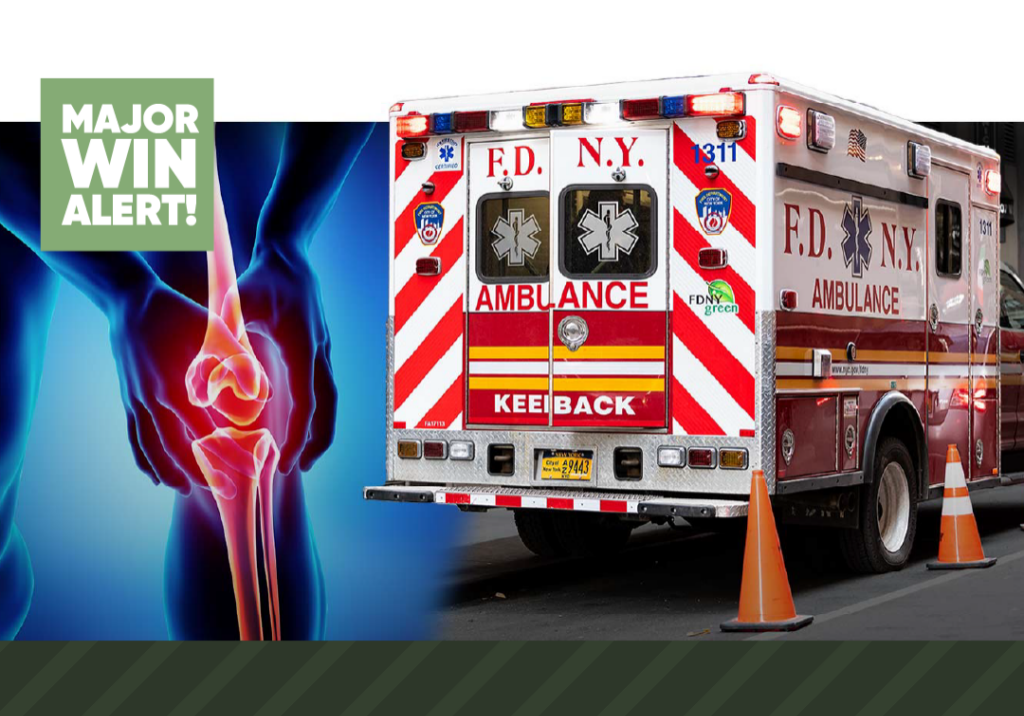New York’s Second Department recently issued a decision, Lennon v 56th & Park (NY) Owner, LLC, regarding collateral estoppel in workers’ compensation and personal injury suits. This decision illustrates the importance of a unified workers’ compensation and general liability defense.
The Second Department held that a plaintiff’s general liability claim may be barred by the doctrine of collateral estoppel when there is a prior determination from an administrative board involving the same subject matter. The doctrine of collateral estoppel precludes a party from re-litigating an issue clearly raised in a prior action and decided against that party. The collateral estoppel doctrine gives conclusive effect to prior determinations when two conditions are met: there must be an identity of issue, which has necessarily been decided in the prior action, and is decisive of the present action, and there must have been a full and fair opportunity to contest the decision now said to be controlling. The “full and fair opportunity” factors considered include the nature of the forum and the importance of the claim in the prior proceeding, the incentive and initiative to litigate, the actual extent of the prior proceeding, the competence and expertise of counsel, the availability of new evidence, and the foreseeability of future litigation.
In Lennon v 56th & Park (NY) Owner, LLC, the claimant alleged that he was injured while working at a construction site. A hearing was held before a Workers’ Compensation Law Judge, and the claimant was represented by an attorney. The claimant and employer witnesses were sworn in and testified under oath. The Law Judge ultimately held that the claim was denied.
Subsequently, in the general liability claim, the defendants argued that the Workers’ Compensation Board’s finding that the underlying event was not causally related to the claim effectively collaterally estopped the plaintiff from re-asserting the same claim before the Supreme Court. The Supreme Court agreed and granted summary judgment.
The plaintiff appealed the Supreme Court decision. The Second Department ultimately held that the findings in the workers’ compensation matter were material and pivotal to the core viability of any personal injury action that the plaintiff could pursue in a court at law regarding the same incident. The Second Department held that the Supreme Court’s award of summary judgment was proper.
This Second Department decision reinforces how closely the insured, the general liability defense attorney, and the workers’ compensation defense attorney must work together in preparation for the workers’ compensation trial. The thorough review of the investigative materials, witness statements, and initial medical records, as well as discussion of the claim with the witnesses and with general liability defense counsel, are crucial to defending workers’ compensation claims, and may ultimately be used to attain summary judgement in the general liability action. Jones Jones LLC attorneys are experts at litigating the complexities of workers’ compensation and general liability litigation and will work to mitigate both claims for your caseload. Contact us today at clientservices@jonesjonesllc.com to discuss an integrative litigation plan.












